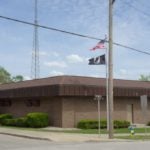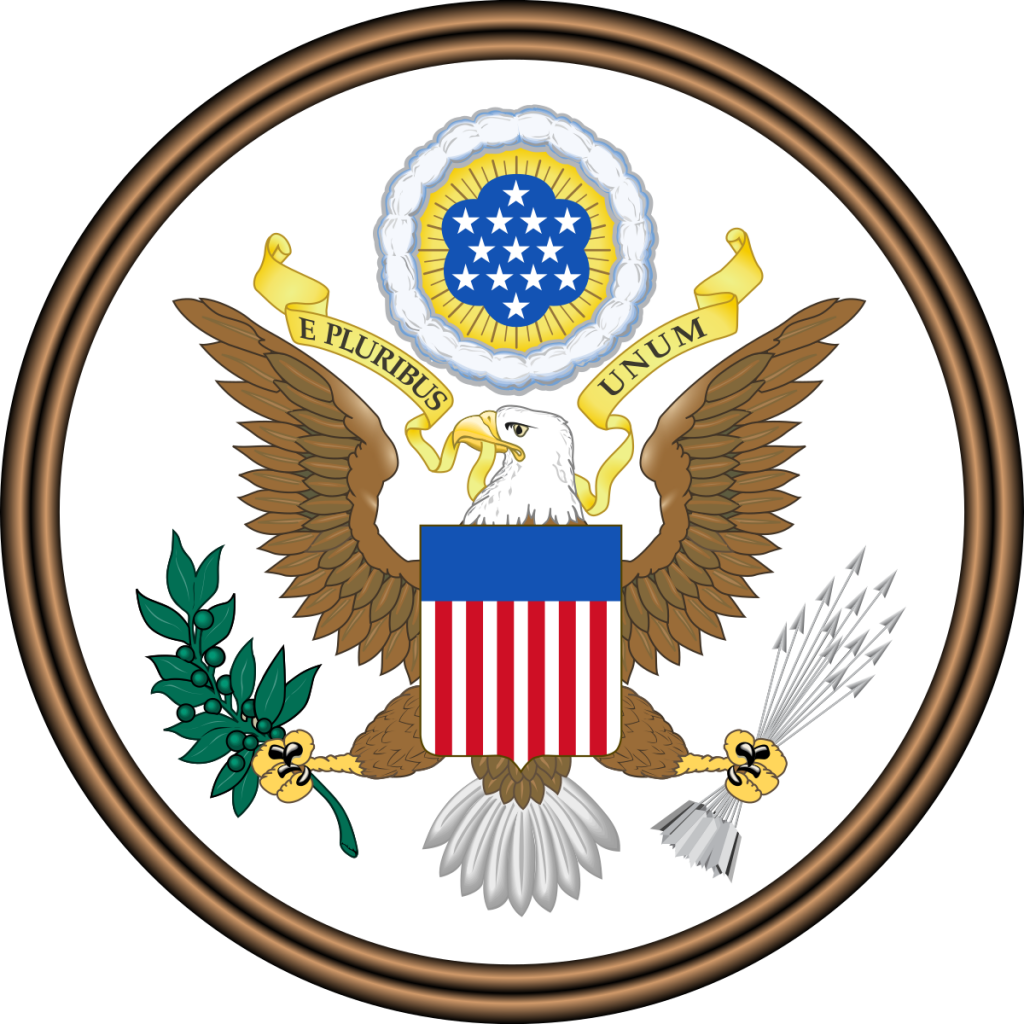U.S. (ECWd) –
Throughout the year we received letters and thoughts from a lot of people. This one in particular we felt was worth sharing as we also recognize the importance of knowing our history. We routinely see local governments making mistakes that could have been avoided had they learned the history of others who made those same mistakes in years prior.
Opening paragraph:
“It has been said many times before that “History repeats itself”. If this statement is true, and many believe it is, then one could get a sense for what the future holds by simply researching and attempting to understand the past. Knowing and understanding true history is the first step to enlightenment if one hopes to learn from and avoid the mistakes of those that preceded us. However, understanding history and learning from history are two completely different endeavors altogether. Unfortunately, history itself demonstrates that a failure to learn from the mistakes of the past is the historical norm which validates the old saying “History repeats itself”.”
We encourage everyone to read his entire paper and recognize the important role our history plays in the future of this Country. A full copy of the contributed document can be downloaded from this link or viewed below.
History Repeats Itself (003)








10 Comments
James J. Pancrazio
Posted at 10:37h, 01 JanuaryInteresting use of capitalization of the word “history.” Current style manuals indicate that the word should be capitalized when it is part of a proper noun, e.g., History 101. But since the author goes back and forth between upper and lower case. Is he suggesting that history can be personified? And, that personification can act? Is this a deity or some manifestation of the “nous,” collective soul or sublunar consciousness? What then is the role of the historian in this articulation of “History,” that of hermeneutic creator that selects the events and dates to produce or reveal the manifest design? If it is to produce, the historian is a creator; if it is to reveal, is it that of an oracle telling the future?
Un saluto cordiale al paesan DiNaso
NMWTLS
Posted at 15:54h, 01 JanuaryThis article is an excellent essay of historical parallels, particularly with the American Revolution, and also a succinct commentary as to the reality of what those parallels mean to us in the here and now. That he often mentions the fact of our rebellious nature against tyranny and opines that it may be in Americans’ DNA, begs the question of how much and how long we will stand for this continuing and expanding oppression.
Sam Adam’s Sons of Liberty were terrorists. They engaged in arson, vandalism, violence and guerrilla warfare against the Crown and its loyalist supporters in response to ongoing abuses and the total disregard for the colonists’ petitions for redress.
Always remember that the 56 men who signed the “Declaration of Independence” were traitors. At that time, they were subjects of the British Crown and they knew their treason was punishable by being hanged, drawn and quartered.
cool guy
Posted at 19:02h, 02 JanuaryThe link already does not work. The woke police found this guy’s homepage…
cool guy
Posted at 19:14h, 02 JanuaryExcellent Article – Bless this citizen!
GW ONE
Posted at 09:49h, 03 JanuaryThe 56 men that signed the Declaration of Independence were pure Patriots. But for these Patriots, the birth of America would not have succeeded, then prospered. With our rights and liberties threatened, who are the Patriots today
that will save America from tyranny.?
NMWTLS
Posted at 15:08h, 03 JanuaryGW ONE – I hope you did not misunderstand me. I was not denigrating the 56! They were courageous traitors to the Crown – they did commit treason. You are correct that without them and their courage to commit treason the birth of this country would not have happened. They took the only option left and I ask the same questions as you – who will do that now?
Larry Miller
Posted at 10:57h, 03 JanuaryI completely agree with the authors last paragraph.
James Di Naso
Posted at 11:52h, 03 JanuaryThis response is to James Pancrazio.
If you are suggesting that the article is meant to encourage or produce some sort of outcome based on what you perceive as the author’s personal desires, then you have missed the entire point of the piece. There is no manifest design or manifestation of the “nous“ etc. The grammatical drama you create with the use of the word ”history“/”History” is unnecessary. Just apply the most common sensical use of the word in context as it relates to the point being made in the sentence or paragraph. The article was never intended to be an academic exercise. In my haste to get the piece finished, I am sure there are grammatical mistakes as it never made it through my own final edit due to my own self imposed deadline.
I do not believe you know me well enough to address me in such a manner with your salutation. It’s highly offensive. James Di Naso
PK
Posted at 14:37h, 03 JanuaryEntre nous…I found 3rd reference to be the most compelling part of the paper’s theme.
James J. Pancrazio
Posted at 09:40h, 04 JanuaryDear Mr. Di Naso,
My apologies if you were offended by my salutation. I frequently agree and disagree with the editors of this webpage, but never do I intend to be offensive. In fact, For me, it was a simple greeting in Italian to someone that appears to be of Italian descent, which for me is great source of pride. About grammar, I didn’t mention anything it. Capitalization is an aspect of mechanics. In any case, I appreciate your response. In effect, if I understand your response correctly, there is no predetermined design for history in the collective soul, spirit of the age. At least the same time, the first line seems to suggest that personal desire is likewise not what produces historical outcomes. If Aristotle was correct when he said that people were political animals, I.e., driven to having exchanges with others, are they not historical, too?